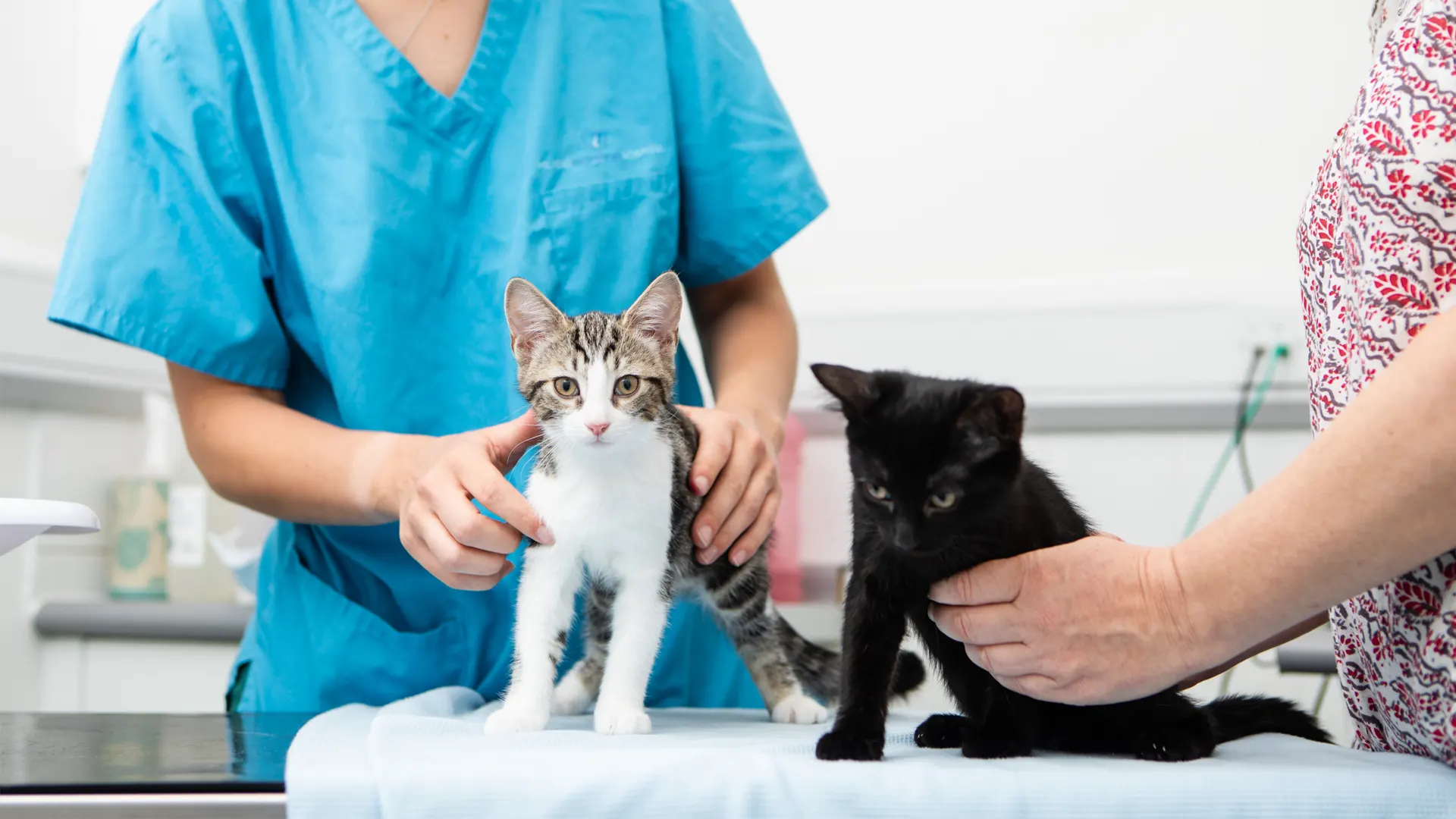Highland Vet Emergencies
Culduthel Avenue
Culduthel
Inverness
IV2 6JG
Opening hours
Monday - 8:00pm - 8:00am
Tuesday - 8:00pm - 8:00am
Wednesday - 8:00pm - 8:00am
Thursday - 8:00pm - 8:00am
Friday - 8:00pm onwards
Saturday - Available 24 Hours
Sunday - Available 24 Hours
